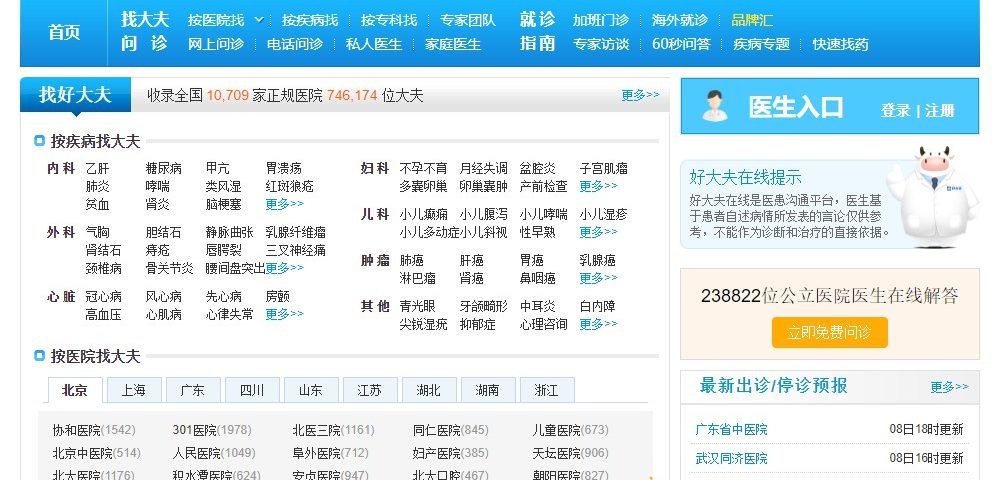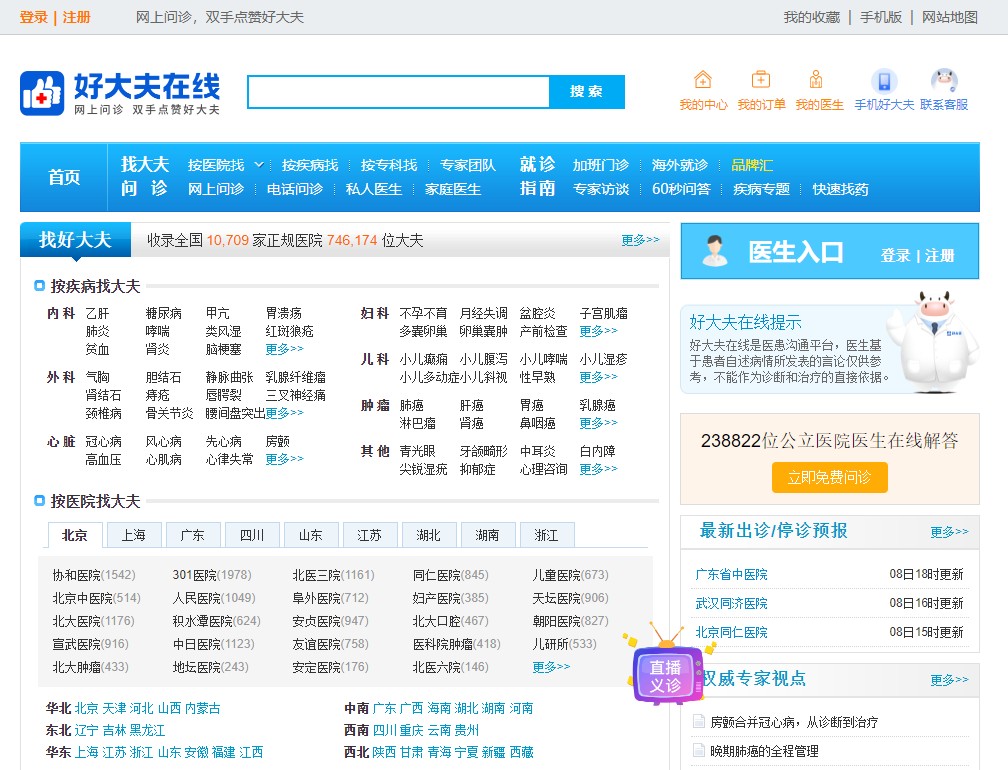
The Impact of Government Trust on the Public Health Risk Management : An Empirical Study Based on Changsheng Bio-Technology Vaccine Incident
7 October 2020
Editorial: Introduction to this Special Issue : English for Academic and Professional Purposes in the Digital Era
8 October 2020The Role of Expectation Violation in Online Patient-Doctor Communication: Evidence from a Chinese Online E-health Websites

Principal investigator: Dr Crystal JIANG Li (Department of Media and Communication)
The interactions between patients and doctors now have been largely mediated by a variety of e-Health platforms. Patients can chat with a particular doctor, either via text-based or multimedia tools, describe their symptoms as well as concerns, and ask the doctor for advice. Very few studies have looked at the interpersonal process in computer-mediated conversations, especially in relation to communication effectiveness and impacts on patients’ health behaviors. Drawing on the expectancy violation theory, this study investigates how patients’ expectation affects their trust with the doctor and their satisfaction with the mediated patient-doctor interaction.
Methods: The study was conducted using haodf.com, one of the largest online diagnostic websites in China. A sample of 300 adults was recruited to consult any health problem they were concerned with a doctor they picked. A pre-session survey was administered to assess the patients’ expectation for the online session. They were surveyed again after the online session to assess expectation violation, trust towards the doctor, and satisfaction with the online session. The chat transcripts of the online session were also collected for analysis.
Results: The analysis revealed significant association between expectation violation and the participants’ evaluation of the online session and the doctor. The violation of expectation was centered on information sufficiency, immediacy in response, emotional valence displayed by the doctors.
Conclusion: The results are discussed in lights of patient-doctor communication strategies in computer-mediated environments and in general.
Click here to read the publication details.
Methods: The study was conducted using haodf.com, one of the largest online diagnostic websites in China. A sample of 300 adults was recruited to consult any health problem they were concerned with a doctor they picked. A pre-session survey was administered to assess the patients’ expectation for the online session. They were surveyed again after the online session to assess expectation violation, trust towards the doctor, and satisfaction with the online session. The chat transcripts of the online session were also collected for analysis.
Results: The analysis revealed significant association between expectation violation and the participants’ evaluation of the online session and the doctor. The violation of expectation was centered on information sufficiency, immediacy in response, emotional valence displayed by the doctors.
Conclusion: The results are discussed in lights of patient-doctor communication strategies in computer-mediated environments and in general.
Click here to read the publication details.

